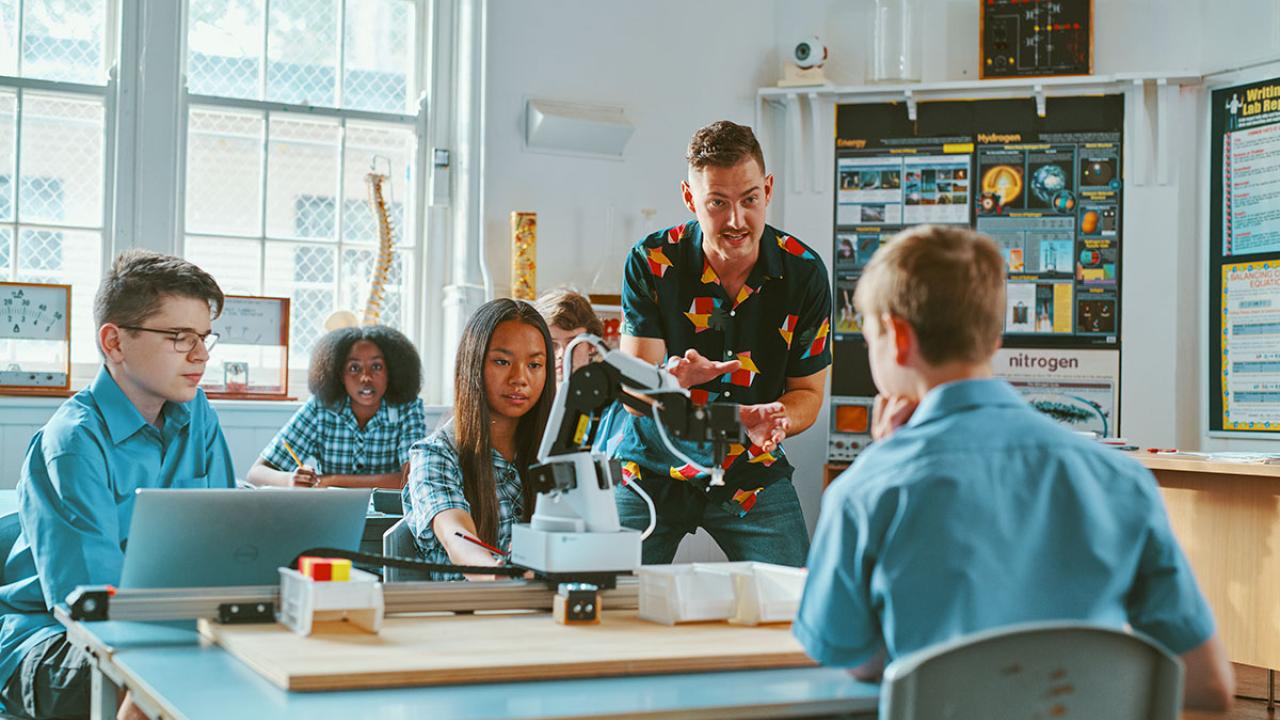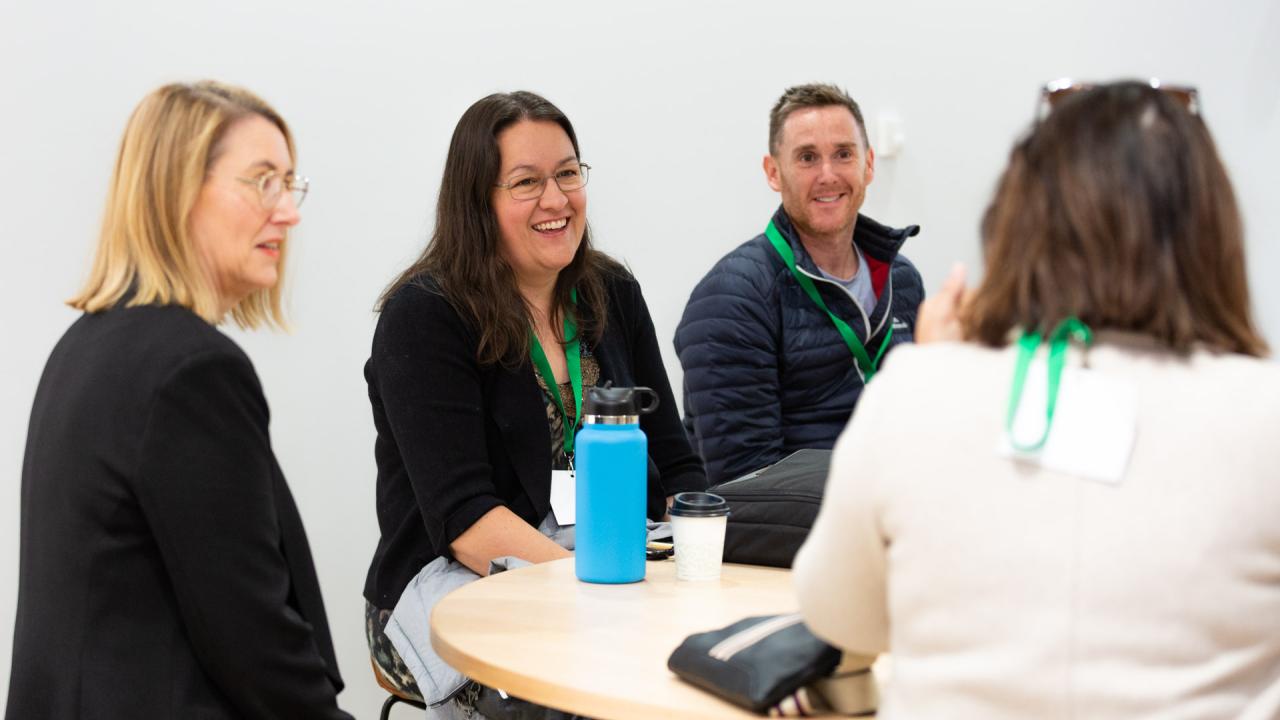Classroom Dynamics for Student Engagement with Glen Pearsall

Build your capacity and focus to create safe and orderly learning environments and maximise student engagement while addressing low level off-task behaviour to increase overall staff wellbeing.
You will deep dive into topics such as:
- engaging instructional practice
- student behaviour
- feedback and assessment
- differentiation
- peer coaching
- workload reduction for teachers.
Audience
Roles
Recommended for:
- principals
- assistant principals
- teachers
- leaders.
School sectors
This program is available to the following school sectors:
- Victorian government
- Catholic
- independent.
Some content may contain information aligned with Department of Education priorities or initiatives.
Facilitator
Glenn Pearsall is a leading secondary school teacher and has been a board member of the Victorian Curriculum Assessment Authority. He works throughout the world as an educational consultant, specialising in engaging instructional practice and development of classroom cultures based on sound pedagogy and educational research.
Glen’s other focus subjects include student behaviour, feedback and assessment, differentiation, peer coaching and workload reduction for teachers.
Glen has a particular interest in the development of young teachers and has developed and delivered a program of renewal for mid-career teachers.
Glen has been a Cambridge Education associate, a master class presenter for TTA and a research fellow at the Centre for Youth Research, University of Melbourne. Glen has a long association with the Teacher Learning Network and Critical Agendas and was the founding presenter of the widely popular PD in the Pub series.
Structure
This is a full day, face-to-face workshop held at the Academy, Moe.
Learning outcomes
You will develop:
- low-level interventions
- non-verbal techniques and low key interventions for nudging students back to the learning quickly and quietly
- techniques for getting and holding student attention and engaging reluctant learners
- strategies for giving effective instructions and compelling commands- and for making seamless transitions between learning activities
- high level interventions
- effective responses for pivoting around resistant or argumentative behaviours and getting students back to their learning
- methods for calmy and directly challenging anti-social behaviour such as misogyny and homophobia
- techniques for mapping and responding to entrenched and extreme behaviours
- engagement and differentiation
- engagement techniques for turning around class groups whose behaviour has become distracted and disruptive
- differentiated instruction for supporting students who can’t rather than won’t behaviour.
Fees and financial support
| Government school | Non-government school | |
|---|---|---|
| Fee per participant | Fully subsidised | $150 (excl. GST) |
Department of Education fully subsidises Victorian government school participants.


